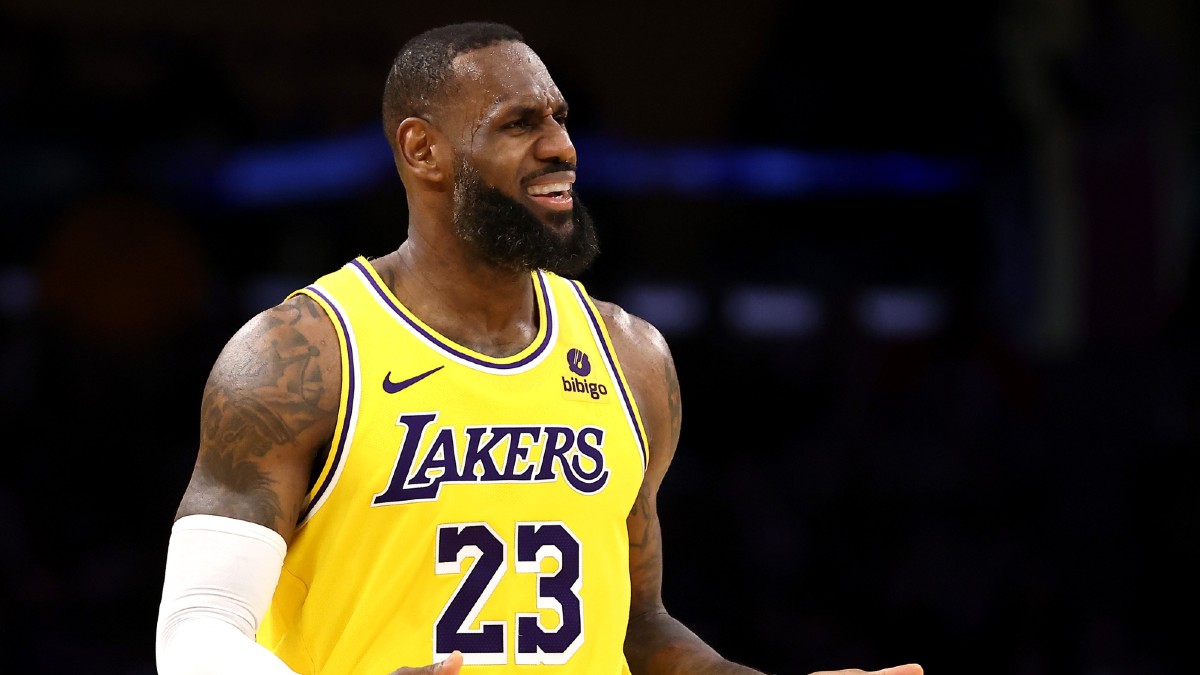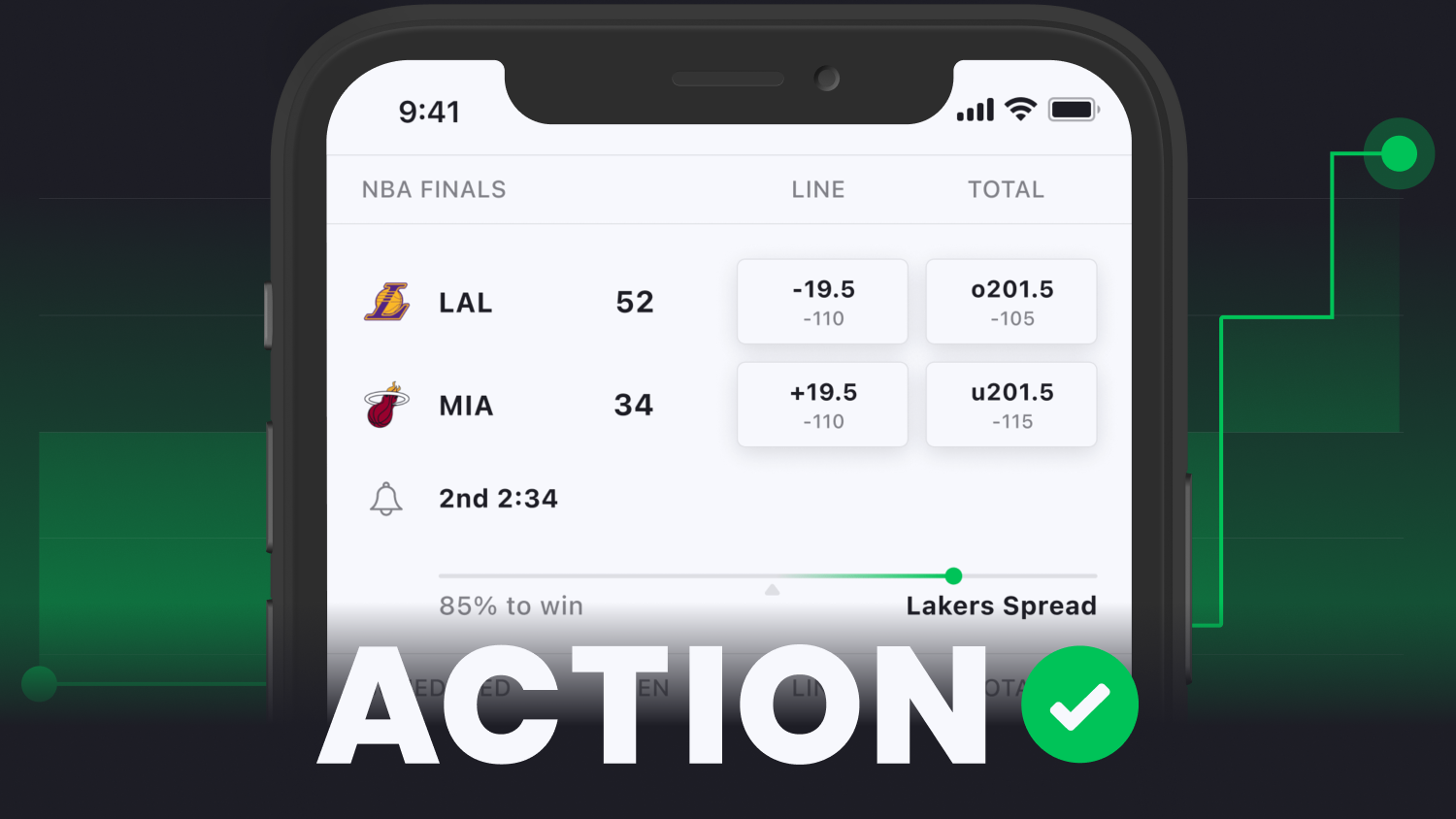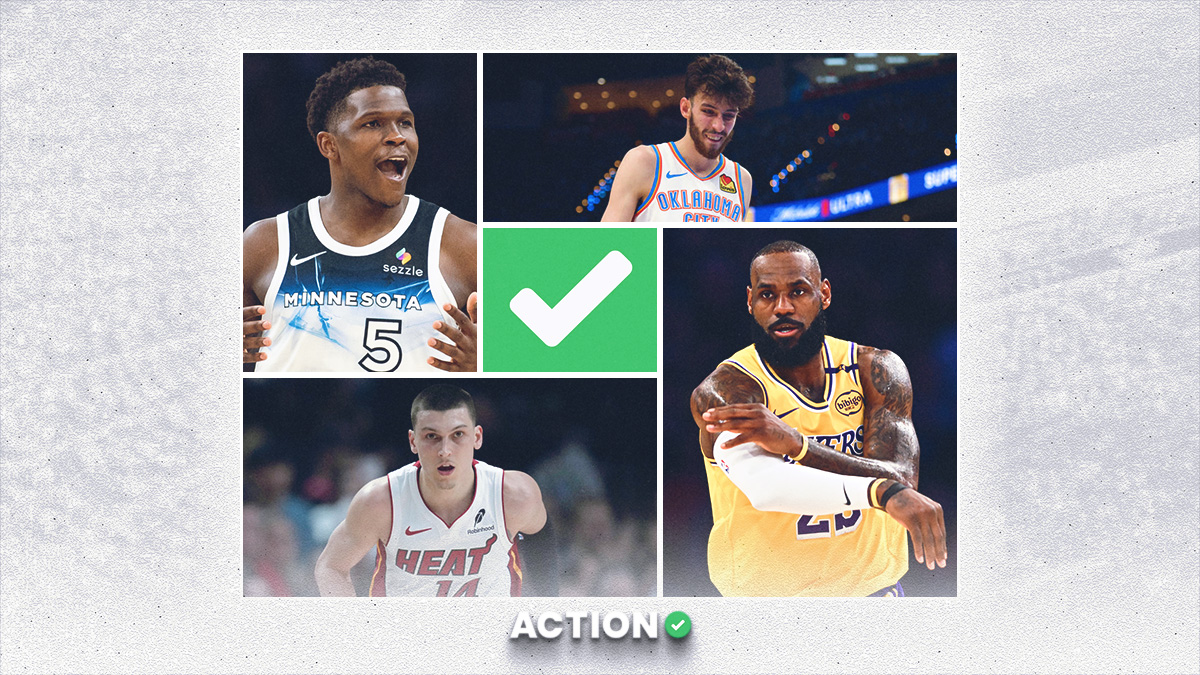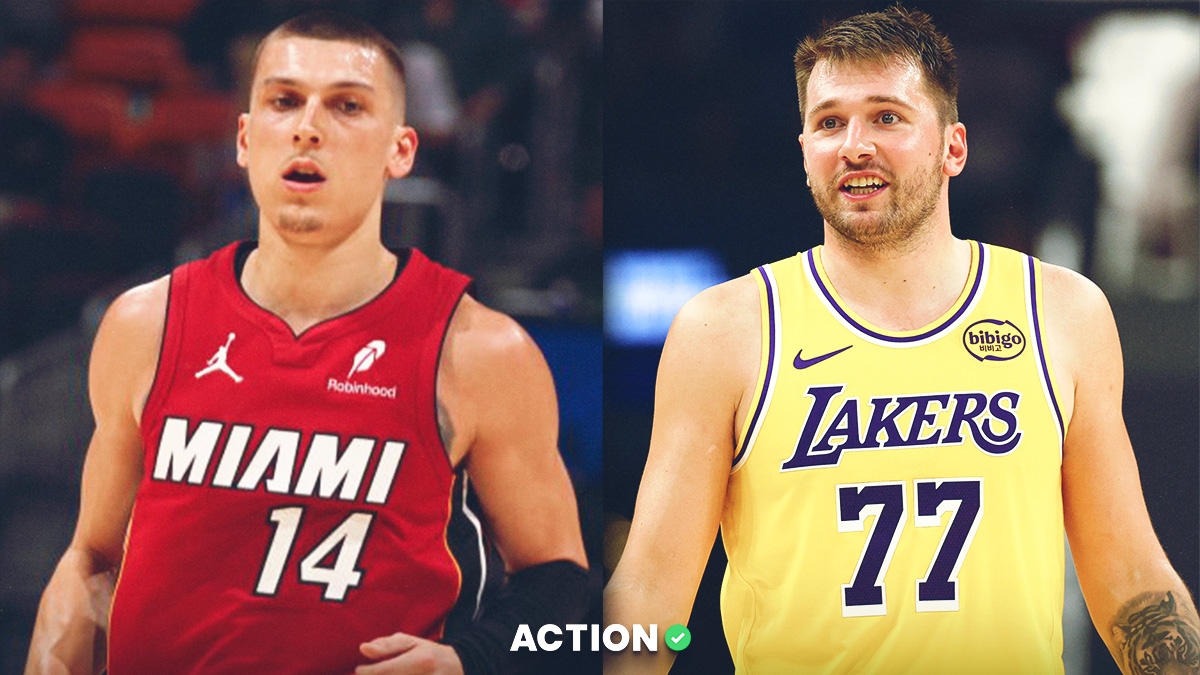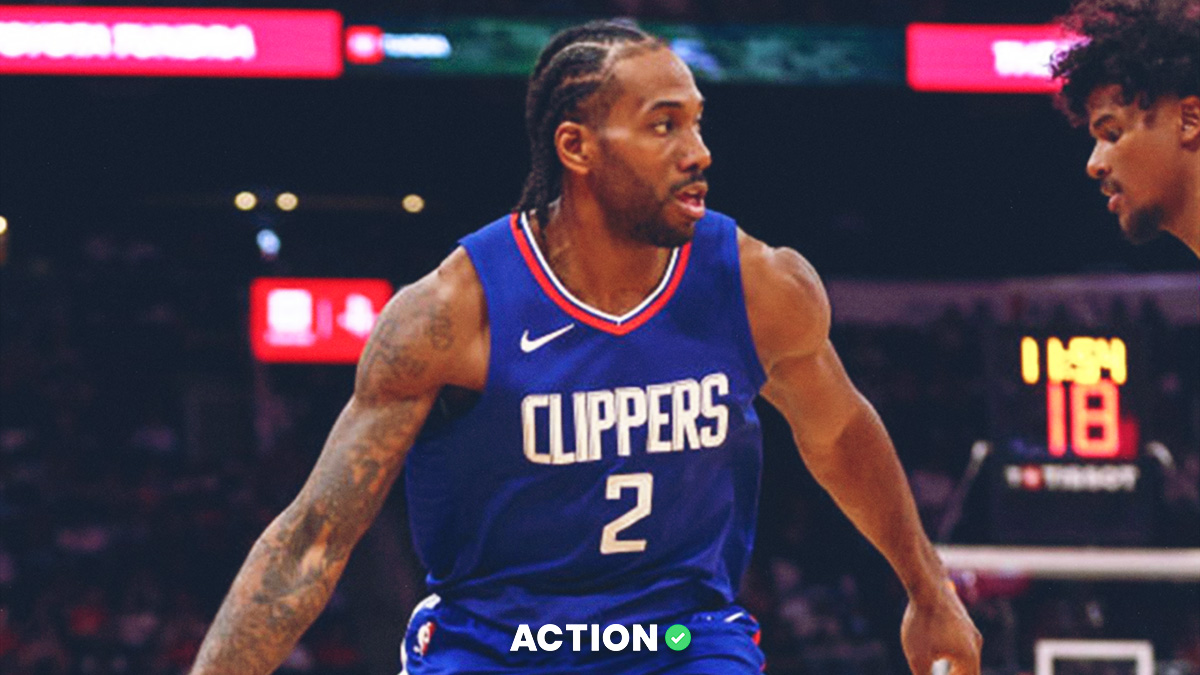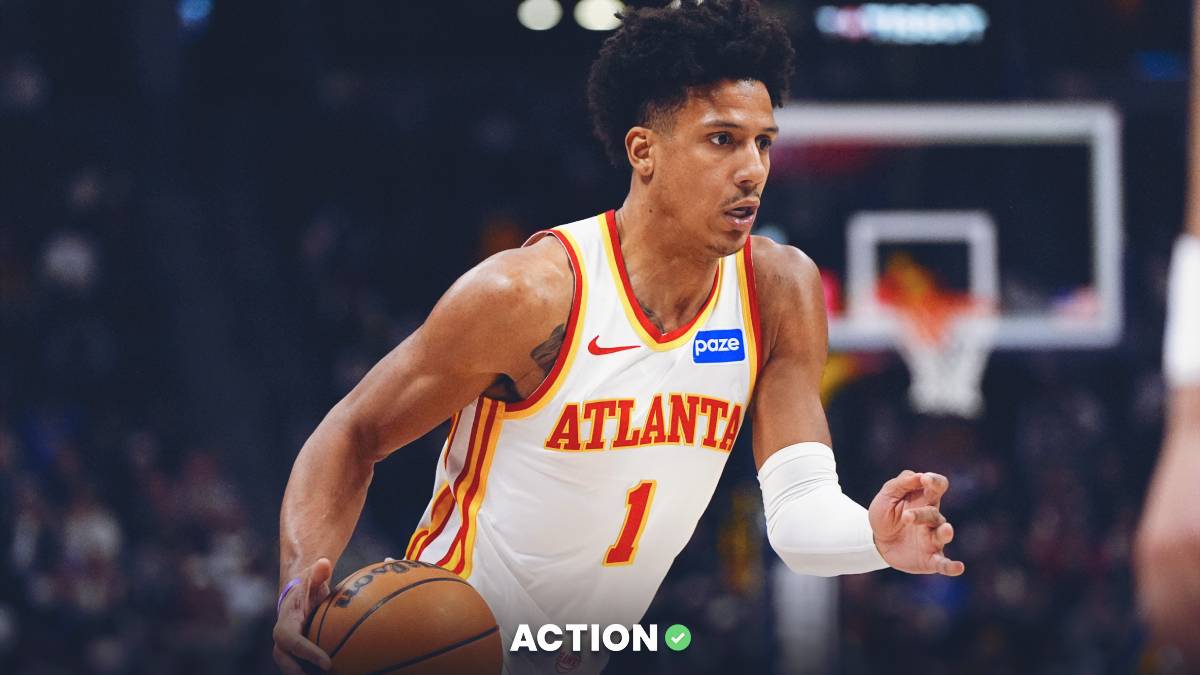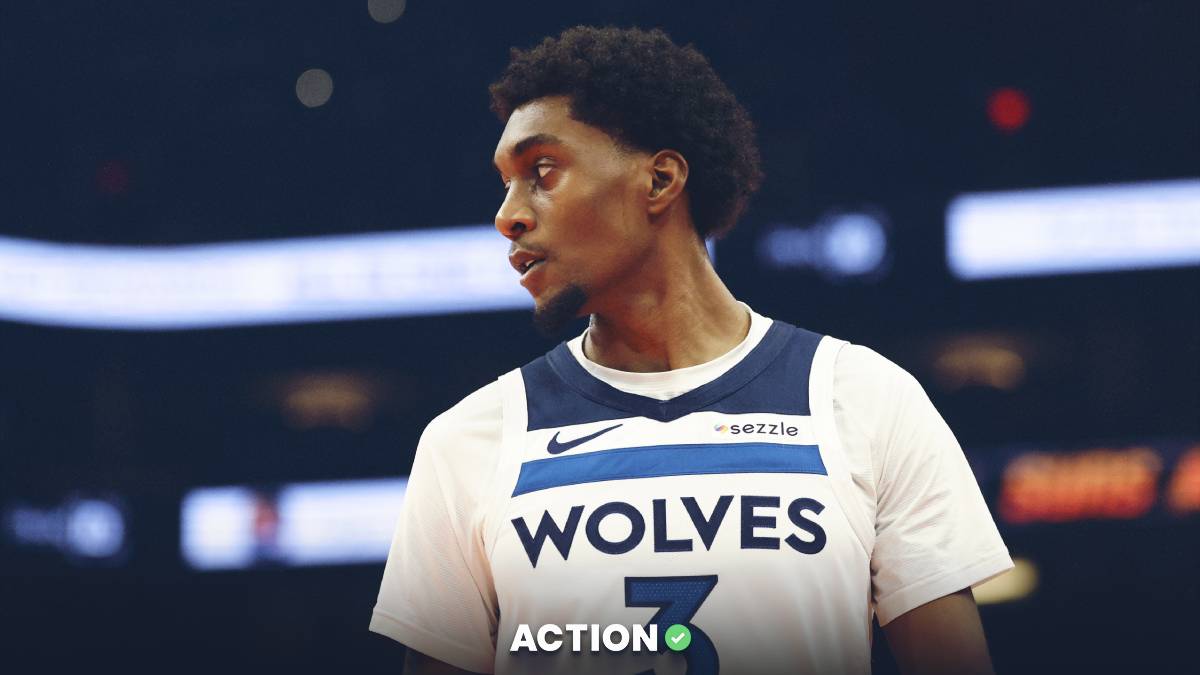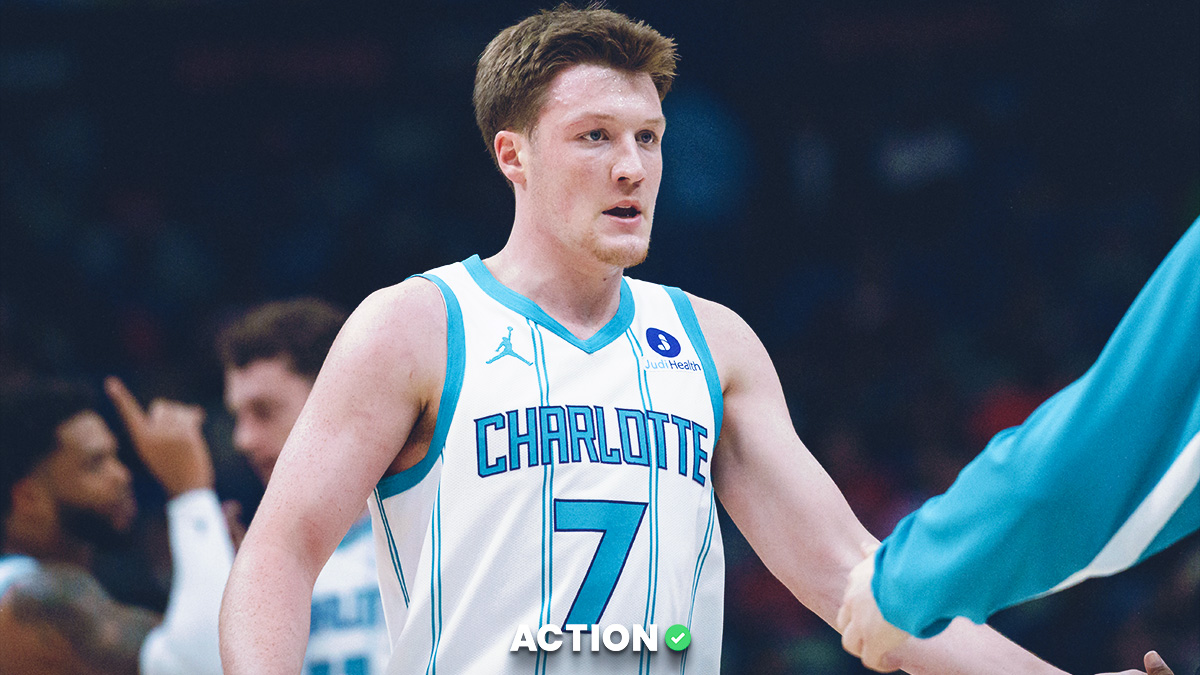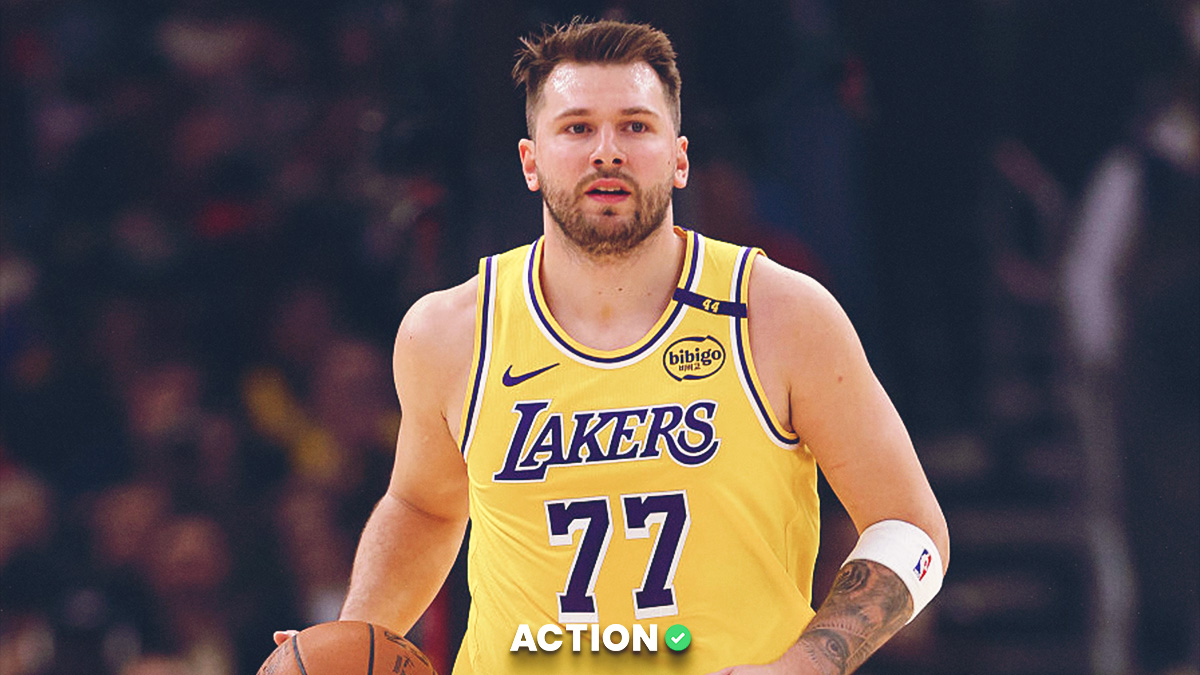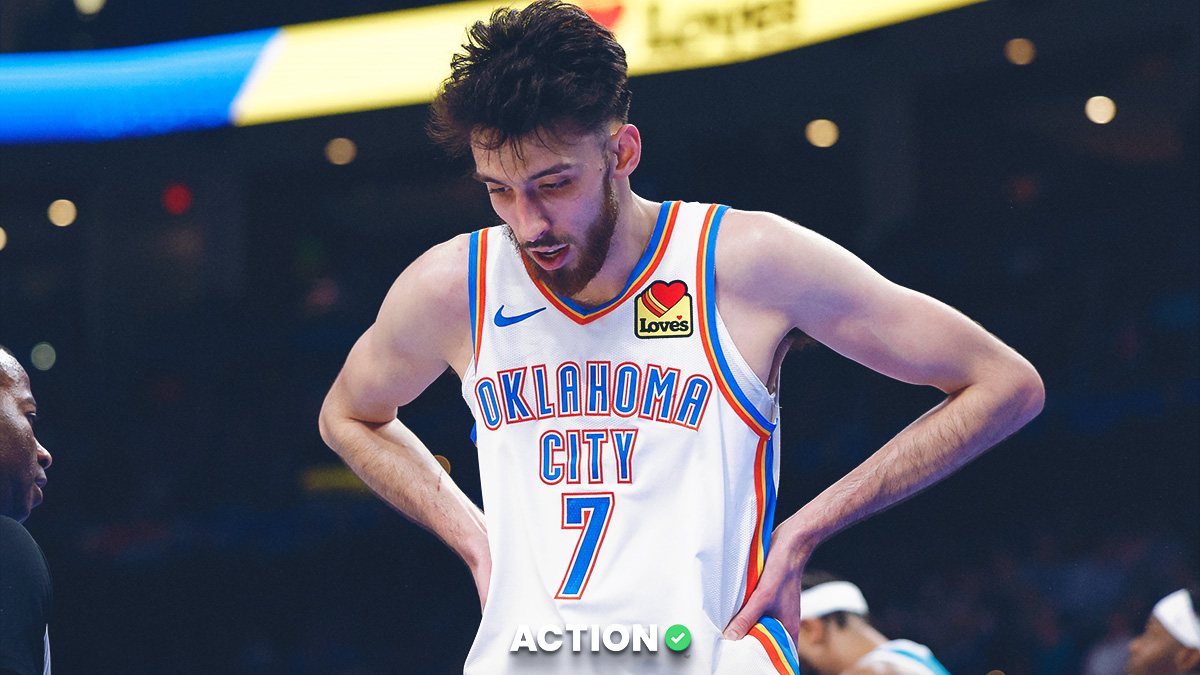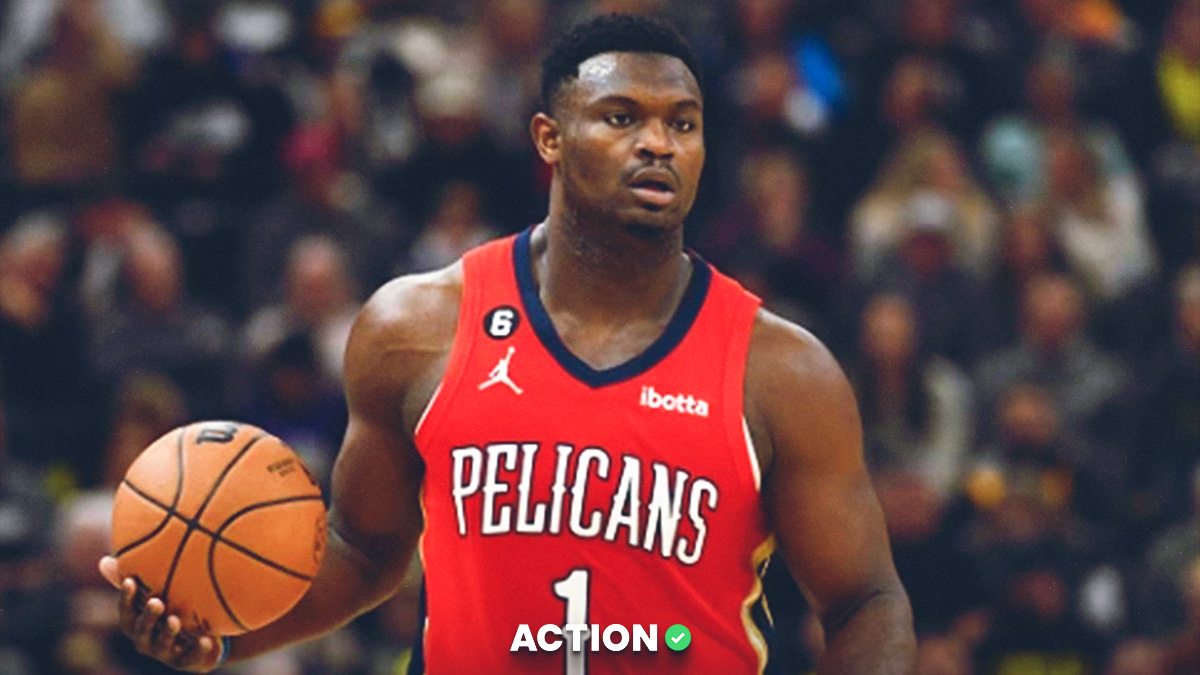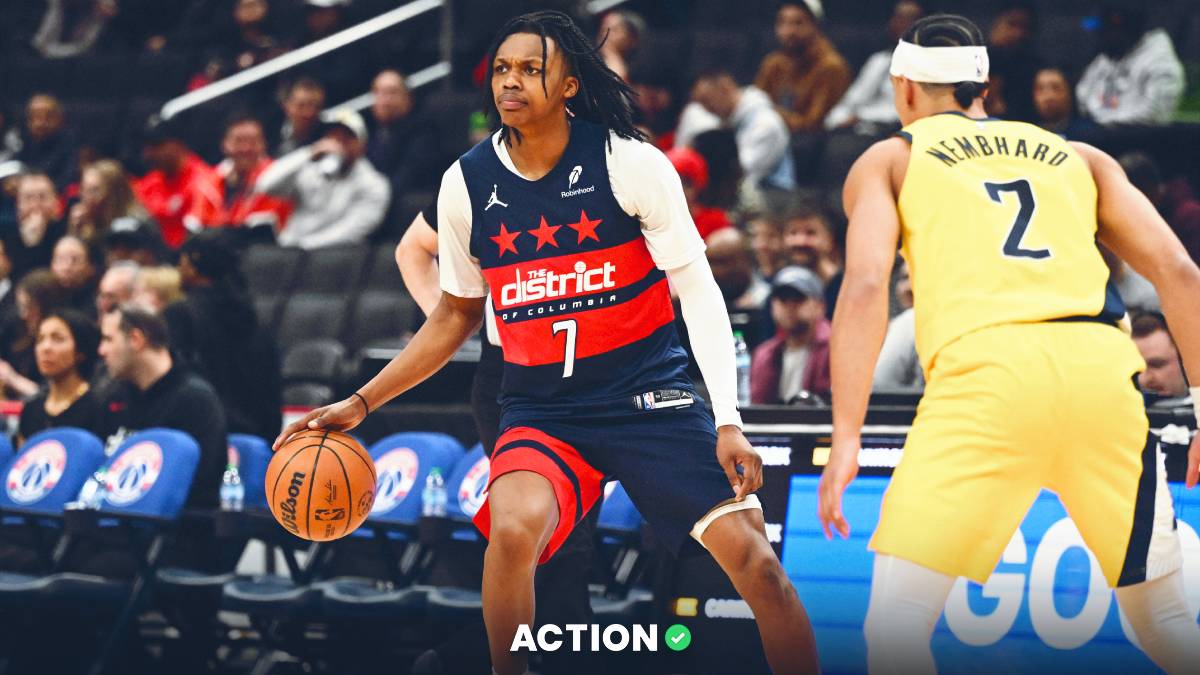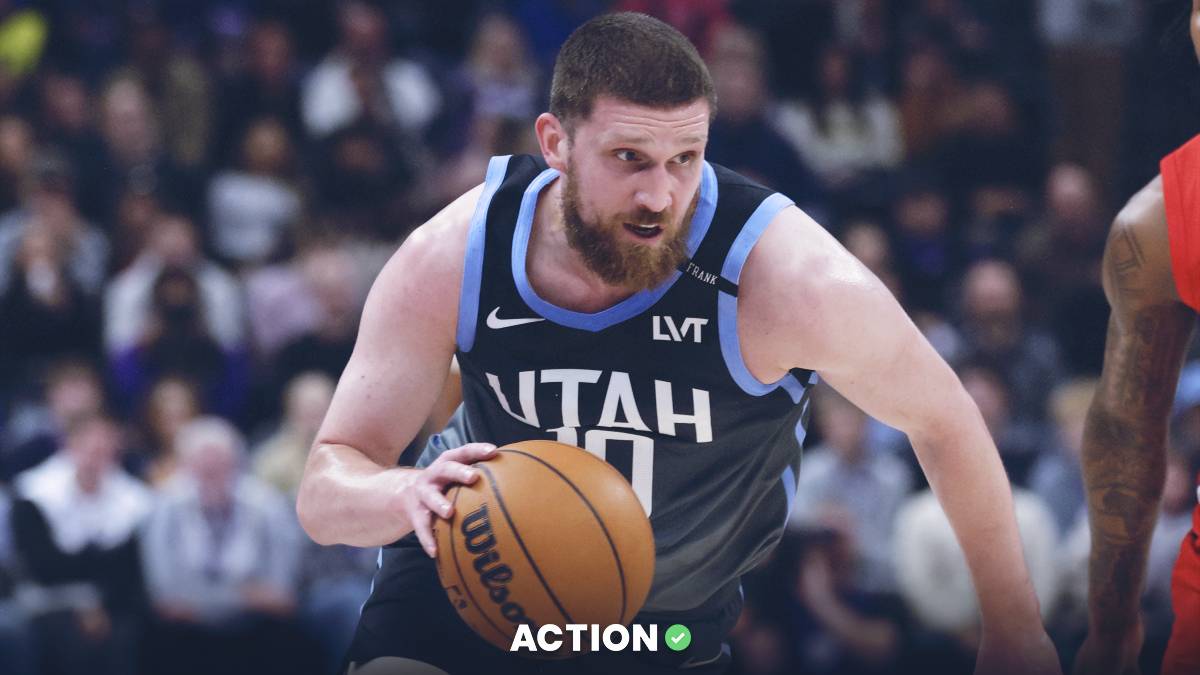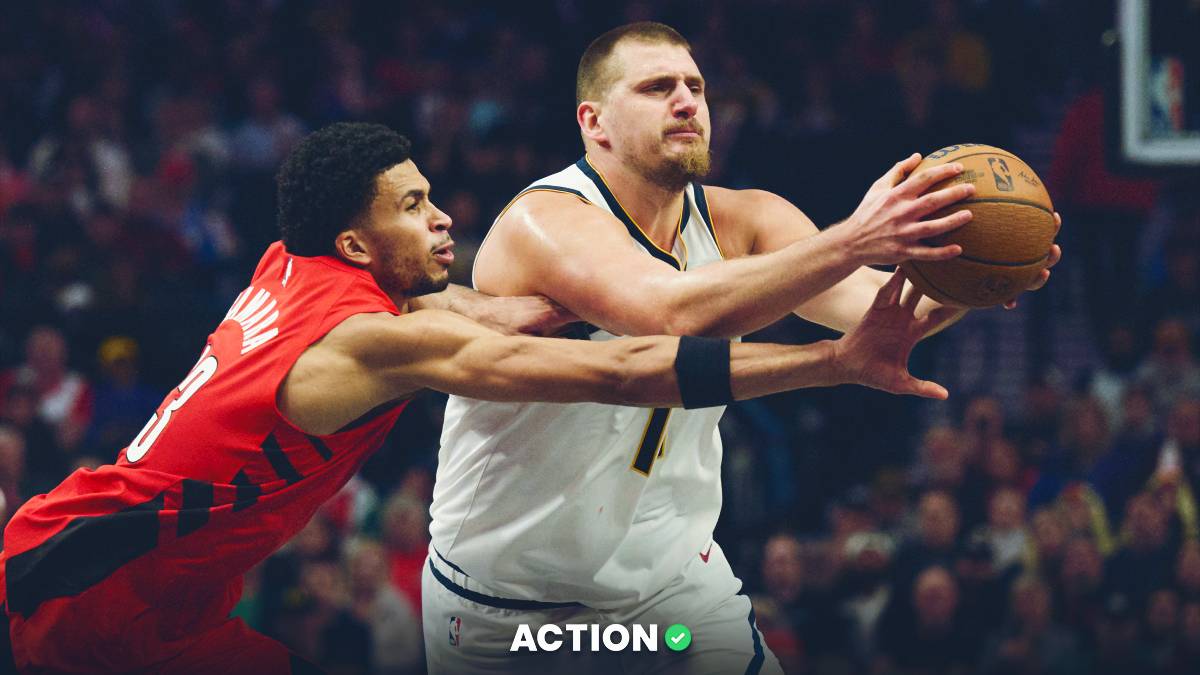The Lakers blinked through the NBA trade deadline. What does that decision mean for their future? And why did the Warriors try to trade for LeBron James?
The Lakers decided not to make any major trades before last week's trade deadline. League sources told Action Network in recent weeks that Los Angeles explored trades for Dejounte Murray (as was heavily reported for months), Spencer Dinwiddie (who is expected to sign with the Lakers after a buyout), Malcolm Brogdon, Gary Trent Jr. and Danilo Gallinari.
With the Hawks, talks slowly fell apart. Atlanta wanted Austin Reaves back in the deal, but the Lakers became increasingly reluctant to trade him. Then, the Lakers cooled on the idea of including D'Angelo Russell as his game improved. If you're wondering, "what were the Lakers willing to trade for the Hawks' second-best player?" Well, it's not clear, but it must not have been much.
To be clear, this was a two-way street. The Hawks elected to keep Murray and Hall of Famer Marc Stein reports the Hawks will explore trading Trae Young this summer (with Murray also on the table in an either/or situation). We reported on the possibility of Young joining the Spurs back in January.
As for the Lakers, it's clear they weren't willing to pay a premium price for Murray, a player they don't consider to be enough of a "needle mover" despite his affiliation with Klutch Sports.
Instead, immediately after the deadline, the pivot started with the team leaking to the media that they were looking to add a true star, like Donovan Mitchell, this summer.
Meanwhile, on Wednesday, ESPN reported that the Golden State Warriors called the Lakers in an attempt to orchestrate a trade for James. Discussions went nowhere. The Lakers had no interest in dealing James and James' agent, Rich Paul, told ESPN James wouldn't be traded.
Here's where things get interesting.
James has a $51.4 million player option for next year. There's a lot that's going to go into this decision. The money, obviously, is a huge deal as few, if any, teams will be willing to sign him for a contract at that value at age 39 in what may be his last season.
Then there's his son, Bronny James, who is averaging five points, three rebounds and three assists in 20 minutes per game at USC. James had previously indicated he wanted to finish his career by playing in his son's rookie season. For that to happen, Bronny has to be drafted. That's still possible, especially with James being an added incentive for various teams.
James also has a great amount of business in LA and those connections won't go away anytime soon. His decision to join the Lakers in 2018 was fueled by the end of the Cavaliers' contention window and what joining the Lakers — and ultimately winning a title with them — would do for his legacy.
But finally, there's the relationship with the Lakers, owner Jeanie Buss and GM Rob Pelinka.
The rampant noise about the Lakers' trade targets — first Zach LaVine and later Murray (and others) — was all connected to Klutch. Yet those players ultimately weren't acquired, with consistent reporting indicating that Lakers management wanted "two-way players" in LaVine's case, and more of a needle-mover in Murray's.
The decision to sit through the deadline came after James tweeted this cryptic emoji the week before the deadline:
⌛️
— LeBron James (@KingJames) January 31, 2024
The Lakers elected to pass on a chance to upgrade the team, despite how well James has played this season. After all, he's 10th in Box Plus-Minus and 11th in Estimated Plus-Minus. James is still giving the Lakers great minutes and has been available for most of this season.
But the Lakers elected not to make a move.
Much of the conversation was about their desire not to spend future assets on players who won't help them that much. The Lakers' view is also that injuries have been the biggest issue — they have the sixth-most games missed this season despite James and Davis being healthy.
However, there are also questions about whether the Lakers wanted to invest resources to try and win with a 39-year-old James. Hence the conversations about potentially adding a third star. James has been great this year, but 39 is 39.
Enter the Warriors trade query.
These types of calls happen all the time. Teams will call and see if other teams are willing to trade their best player, no matter how great they are.
"Hey, you never know until you ask, right?" one executive half-joked to me last year.
But the attempt feels notable.
Here's an additional question: If the Warriors draft Bronny in this year's draft (should he declare) with a late first or second-round pick, what does that signal?
The Warriors' attempt at the trade (the second such attempt by a team to deal for James, according to ESPN), the cryptic tweets, the comments from James suggesting his frustration and his talk of retirement after last season's playoff exit all suggests a strong possibility that James won't finish his career or be with the Lakers next season.
Given all those factors, the tone from the Lakers seems to be kind of a quiet quitting on James. They're not trading him, they're not just cutting salary. They're still trying to win. But they're also looking to the post-James era for superstar trades and long-term asset management.
James isn't ready to hang it up. He's still competing and playing at a high level, but the Lakers' moves at the trade deadline indicate that they no longer are "all in" on this era of Lakers basketball. Maybe this ends with LA finding a third star who can help James in a way Davis hasn't been able to. Maybe this ends with James still being a top-10 player next season on a title contender with a third star.
Or maybe this ends with James wearing the fourth jersey of his career (or a familiar one he wore for many years) next season.
But it's time to start bringing this offseason into focus and thinking about what future of James and the Lakers looks like.


